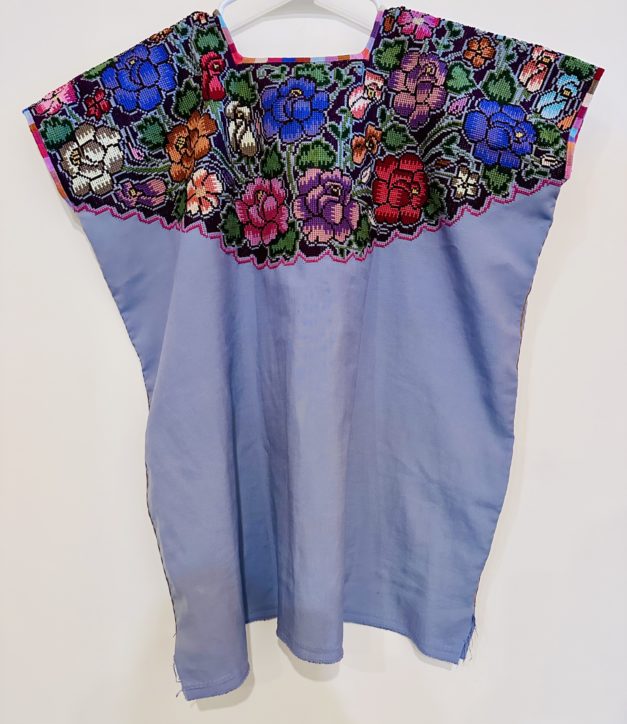From time-to-time, it happens here in the Oaxaca village I also call home. A good dog dies. Not from natural causes but most usually from poison-laced meat. It is the fastest and easiest way. Others are hit by vehicles or cut loose from tethered ropes when feed becomes too costly, to fend for themselves. Most dogs here are disposable. I do not know how Mamacita was killed or by whom or for what reason. I can only surmise.

I was in transit between Durham, NC and Teotitlan del Valle, Oaxaca, when the news came to me via text: Mamacita died and was buried the day before. I needed time to process this. To absorb the shock and sadness. To reflect on the culture I come from that considers animals as pets and trusted friends, who are cared for as well as humans in many cases. How can I make sense of this?
You may remember Mamacita as the dog I rescued and adopted in June 2017 after she dropped two pups in the tall grasses behind my house. She was skin and bones, incapable of providing sustenance. I am reminded that without my intervention, she would have likely died. Caregiver friends came to housesit and feed Mamacita in intervening times when I was gone. They took her to get spayed, along with Tia and Butch, who also came along and formed an extended family. I am eternally grateful to them. I’ve written to each and they know what happened.

Could it be that Mamacita was killed because she was unjustly targeted as one of many marauding dogs, starving, homeless and roaming the fields in search of a domesticated chicken or turkey? Campesinos can live a hardscrabble, hand-to-mouth life. Poultry is food and an important source of income. There are a multitude of campo dogs; they reproduce because they haven’t been spayed or neutered, and are out of control.

Was it a random act? Two other dogs were found dead that day on the same country road, I was told later. Was she just in the wrong place at the wrong time? Is this inevitable? Are all dogs here disposable? What about my two dogs? Some here, though not enough, are sympathetic to the life of dogs. Maltreatment is not universal.

Mamacita was first and foremost a campo dog, bred in the wild. I adopted her but could not contain her in a gated patio. She lived a life of freedom, sleeping during the day, running with the pack at night. Sylvia reminds me that while she was nursing, Mamacita would disappear for hours. She came home for meals and belly rubs. Sometimes she wouldn’t show up. I worried, but I was confident she would return.

We are heaving deep sighs, me and the two dogs. They now sleep on the patio, closer to me. They sense the loss. Their bond was primal.

I will miss her circle dance on the patio in anticipation of her meal bowl. I will miss her nuzzle and her companionship on evening trail walks. I trained her to sit and wait for treats. She wore a collar. She looked well-fed and cared for. She took to everyone who gave her a pat. She was spayed. All signs that she belonged to someone. Why did this happen? Answers escape me.
This is yet another reminder that to live here requires me to suspend judgment. To understand. To puzzle out how something like this can happen to a sweet dog that was an integral part of my life. Suspending judgment is a practice. I cannot overlay my own values on an 8,000 year old culture. They have survived this long for a reason. Sometimes cruelty and heartlessness figure into that. This is human nature everywhere, no?

This is, I am coming to understand, another perfect lesson in cultural competency. Es la vida, it’s life, is a common saying here. Things just happen. There isn’t always a reason. It is not for me to ascribe fault or blame, only to accept what is. I have learned that it is not my role to change anything, to make it better in terms of my own acculturation and values.
It is so quiet here. The absence of ONE is noticeable. The other two are sleeping on the patio. We all move with a heaviness, the two dogs Tia and Butch, and this human. Today it will be 91 degrees Fahrenheit.
Here’s to Mamacita. May she rest in peace.







